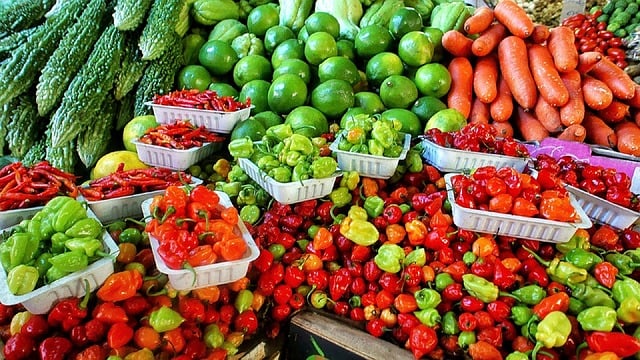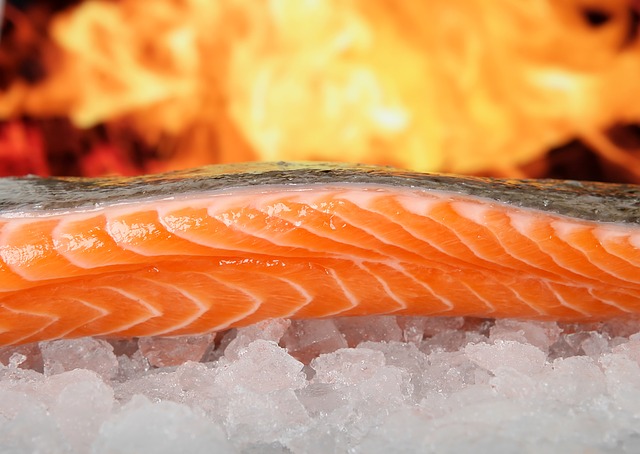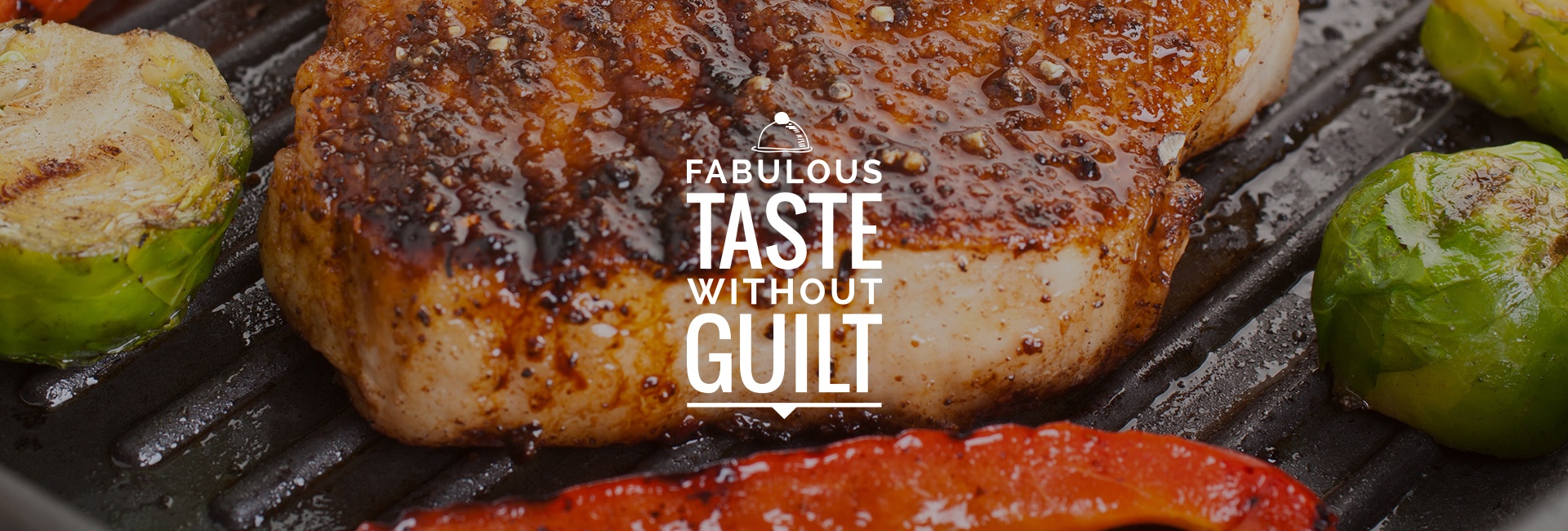
What’s the difference between fresh vs frozen foods? Fresh is healthier than frozen -- or is it?
Find out as we explore the quality, taste, and health benefits you can expect from freezer meals compared to fresh ones!
Fresh Foods
When we talk about fresh food vs frozen food, what we’re really talking about is what state the food is in when you go to eat it compared to when it was harvested.
How does fresh food arrive from farm to fridge?
Fresh fruits, vegetables and meats are handled immediately after harvest or being processed. Then the foods are cooled, cleaned, sorted and packed from the time they leave the farm until the time they reach your table.
What qualifies as fresh food?
Next time you’re at the supermarket and see a product labeled “fresh”, this means “that the food is in its raw state and has not been frozen or subjected to any form of thermal processing or any other form of preservation”, according to the University of Colorado, Boulder. If you see a label that reads “frozen fresh” or “fresh frozen”, this means that the food was frozen while it was still fresh.
Quality, Taste & Health Benefits of Fresh Food
Fruits and vegetables intended for grocery stores are usually picked while underripe. Underripe produce contains less vitamins and minerals compared to ripe produce. Although these fruits and veggies may portray outward signs of ripening such as a change in color, smell or size, they simply do not contain the same nutritional value of produce which fully ripened on the vine.
During transport from the farm to the grocery store, produce is exposed to light and heat, which further degrades their health benefits. Vitamins B and C are especially prone to deteriorating during transport. The long journey also leads to bruising, tears in the skin, and some discoloration. Two apples from the same orchard, sold in the same section of the grocery store, may differ in terms of quality, taste and nutrients. It’s important to inspect fresh produce for bruising, smell and firmness in order to determine how fresh it really is.
Fresh foods hold a shorter shelf life than frozen foods. They expire more quickly due to exposure to natural light and chemicals. Ethylene gas is one common, naturally occurring chemical which is released when it’s time for fruits and vegetables to begin ripening. Bananas give off ethylene gas during the entire ripening process, not just once it’s time to begin ripening. This is why when you place bananas next to other fruits such as apples or oranges, those fruits seem to decay faster.

Frozen Foods
How does frozen food arrive from farm to fridge?
Frozen food undergoes much of the same process as fresh food when being transported from farm to table: produce and meats are harvested or slaughtered before being cooled, cleaned, packed and sorted. The key difference is that frozen foods - unlike fresh foods - are allowed more time to ripen then frozen at their peak ripeness. By being frozen at peak ripeness, produce and meats lock in their nutrients and vitamins at the time when they are most healthful.
How is food frozen?
Over the years various methods of freezing foods have emerged. While it is possible to slowly freeze foods, this method causes the texture, taste and quality of the food to deteriorate. Originally food manufacturers instead employ a quick freezing method wherein food was packaged then held under pressure between metal plates which had been chilled to below freezing temperatures. Today, many foods are flash frozen in order to preserve their quality and texture.
Quality, Taste & Health Benefits of Fresh Food
Since frozen foods are allowed time to fully ripen, they develop more nutrients and vitamins. Freezing produce and meats protects them from spoilage and nutritional loss. Frozen foods do not require preservatives to keep them safe for consumption because microbes “cannot grow on any food that is at a temperature less than 0°F”, according to the United States Department of Agriculture.
Frozen foods, unlike fresh foods, are less susceptible to bruising, discoloration and tears, and are subjected to a host of handling and processing regulations. Gene Lester, a plant physiologist at the USDA Agricultural Research Center who holds a PhD, states that “frozen vegetables may be even more healthful than some of the fresh produce sold in supermarkets”. Frozen foods hold a much longer shelf life than fresh foods - typically between one week to one year depending on the food.
Freezer Meals
Not all frozen foods are created equal. When you go to the grocery store and walk down the freezer meal aisle, you will mostly find boxed meals. You may also notice that these freezer meal packages cater to specific audiences through their design: those with bright colors are targeted at children whereas simple packaging is directed towards health-conscious consumers. Several freezer meals exist for people with special diets, including gluten sensitivities and lactose allergies. Regardless of the advertisements on the packaging, it's what's inside that counts. Pay attention to the ingredients list in order to decipher the difference between healthful freezer meals with quality ingredients and misleading packaging. If you see a label with a lengthy list of ingredients you cannot say, chances are it's heavily processed.
Frozen vs Fresh Foods
Final verdict: are fresh foods or freezer meals more healthy for your kids? Your own organic garden or local certified organic farmers fresh pickings would be ideal. But to get the widest variety, my vote is for frozen food considering the facts that frozen foods are allowed to fully ripen, not subjected to quality loss during the transportation process, and retain their health benefits for longer. One exception is that in-season fruit usually contains equal amounts of nutrients and vitamins as frozen fruit, but fresh fruit still loses moisture and health benefits more quickly than frozen fruit.
Try A Freezer Meal Today
Are you interested in trying frozen foods? Browse our menu of healthy freezer meals and give it a try. From raspberry chicken to sirloin steaks, mac and cheese to spinach roulade, there is something for everyone at Home Bistro.
Not ready to sink your teeth into this just yet? Sign-up for our newsletter instead to get the inside scoop on healthy foods, simple and clean recipes, exclusive offers and more!


